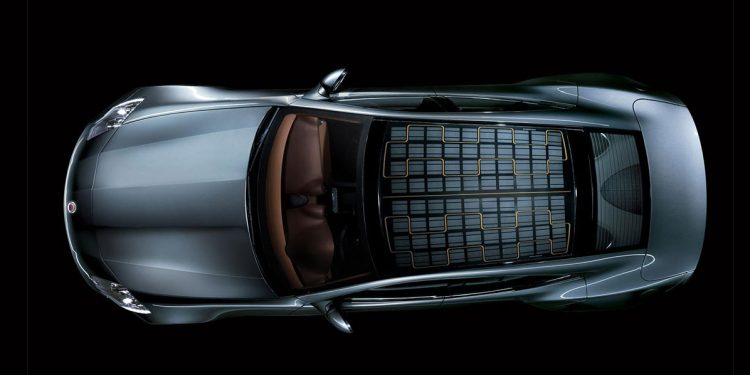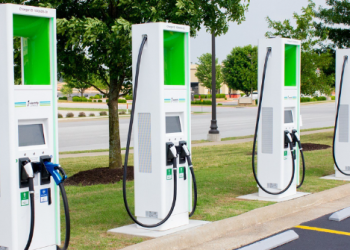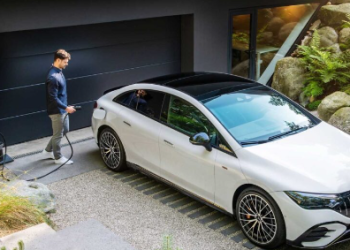While it is true that there are great advances in charging infrastructure for electric vehicles, the great activity to which the networks are subjected and the users’ convenience have prompted the emergence of advances that function as alternatives to the world of sustainable mobility.
From France, the Institute for Energy Transition presented “VIPV” (Vehicle Integrated PhotoVoltaic), an ingenious new solar panel for electrified cars.
The scientists in charge of the project, which is still in the development phase, explain that it is a solution for integrating solar energy into private transportation. The program is backed by the French Alternative Energies and Atomic Energy Commission (CEA), which sees the solar panels as a tool to take advantage of the hours that cars spend in the sun when traveling or parked on the street.
Features
The photovoltaic kit consists mainly of a solar panel specifically designed by CEA and is equipped with a power of 145 Wp. In addition, it includes a magnetic back face and a mechanical design that allows it to adapt to any metallic vehicle body.
The main purpose of the innovation is to power the main battery directly and sufficiently to extend the travel range by a few kilometers per day, although it can also be used to run all the car’s electronics and air conditioning.
Related content:Geely Promises 300 km of Range in Just 5 Minutes
Thorough Testing
The researchers stress that the photovoltaic array is non-intrusive and should make it possible to partially recharge the car directly with solar energy. The invention has already been tested on a Renault Zoé, demonstrating that it can produce enough electricity to extend the battery’s autonomy by 4 kilometers per day.
The electronics of this technology consists of an MPPT charge regulator that is associated with a battery and a microinverter that allows the stored solar energy to be injected into the vehicle’s grid. The system, which is a prototype and is placed on the roof of a car, is easily installed and disassembled, and is fully compatible with any electric car.
In the future, the French Institute will conduct further experiments over longer periods of time and in different electric vehicles to know precisely the contribution on mileage, but they estimate that this could increase by 800 kilometers per year.



















